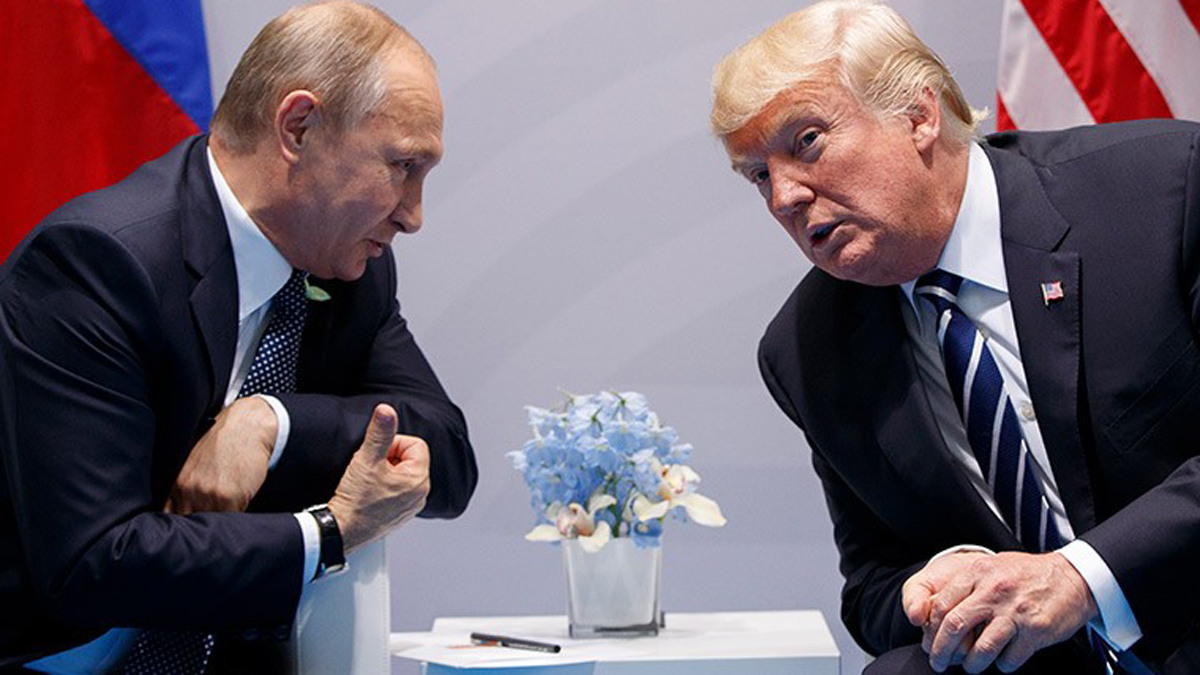Why did US President Donald Trump shorten 100% tariff deadline on Russia?

US President Donald Trump on Monday declared that he would be reducing his 50-day deadline for Russia to end its conflict with Ukraine, after which a 100 per cent tariff would be imposed on Moscow—as well a secondary tariff of 100 per cent on nations procuring exports from it.
The new deadline of about “10-12 days from today (July 28)” underscores his growing frustration with Russia, whose foreign minister Dmitry Medvedev had earlier called Trump's deadline a “theatrical ultimatum”, adding that "Russia didn't care".
ALSO READ | US Senator’s warning to India, Putin over Russian oil: ‘We’re going to tear up the hell out of you’
"There's no reason in waiting ... We just don't see any progress being made," he told reporters on the sidelines of a meeting with British PM Keir Starmer in Scotland.
Trump began his second term in office this January with a promise to end the Russia-Ukraine conflict—which has stretched on for almost four years—in 24 hours. However, his repeated efforts at bringing about a ceasefire between Moscow and Kyiv have been in vain, which continues to frustrate him.
ALSO READ | Why Trump's deadline of 50 days is more than enough for Russia to outmanoeuvre US
"We thought we had that settled numerous times, and then President Putin goes out and starts launching rockets into some city like Kyiv and kills a lot of people in a nursing home or whatever. And I say that's not the way to do it," Trump said.
“I’m not so interested in talking any more,” he warned.
ALSO READ | 'Will slam back': NATO chief warns India, others against buying Russian exports, echoing US secondary tariffs threat
However, it must be noted that Trump has not always followed up on his warnings, and has at times criticised Ukrainian President Volodymyr Zelenskyy, or hesitated to impose US-specific sanctions packages on Russia.
Meanwhile, Moscow continues its aggression—also claiming to have captured two vilages on Saturday—while Ukraine defends itself, and occasionally retaliating with drone strikes deep into Russian territory, such as precision strikes on Russian aircraft, and the more recent strike that indirectly disrupted railway services in the Volgograd region.
World